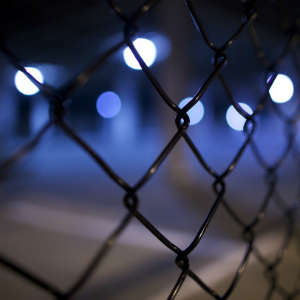NSW bail laws ‘major contributor’ to Indigenous lock-up rate
The Australian Bar Association has called for a review of the bail laws in NSW, after the state’s latest crime statistics showed the rate of Indigenous incarceration has grown.

The rate of Indigenous imprisonment has risen in NSW despite a reduction in arrests, the latest reports from the Bureau of Crime Statistics and Research (BOCSAR) show.
According to Phillip Boulten SC, the current NSW legislation dealing with bail and community-based orders is “inappropriate” and a “major contributor” to the state’s Indigenous incarceration rate. The ABA Indigenous Issues Committee chair said he read the latest BOCSAR figures as a failure by the government to properly address an issue affecting some of the most vulnerable in the community.
“In many cases, people in disadvantaged circumstances have no stable address to be bailed to and as a result are locked up.
“We need to consider more practical measures, such as bailing Indigenous offenders to a community of elders and giving these communities a role in the justice process,” Mr Boulten said.
The latest BOCSAR figures show a steady increase in the rate of Indigenous imprisonment to 40 per cent in the last 15 years, while arrest rates have dropped by 37 per cent for violent offences and 32 per cent for property crimes.
Although the ABA acknowledged that the rise in Indigenous imprisonment in NSW can be attributed to a combination of factors, the group drew attention to BOCSAR’s correlation between increasing incarceration rates and ‘justice procedure offences’. These offences can include breaches as they relate to custodial orders such as bail conditions, community-based orders and breaches in apprehended violence orders (AVOs).
“As we have witnessed from recent media reports, such as the Four Corners story on justice reinvestment in Bourke, breaches [of justice procedures] can be trivial and sometimes impossible for people in disadvantaged communities to comply with,” Mr Boulten said.
He said the ABA was encouraged by the decline in Indigenous arrest rates in NSW, but wanted to see that drop reflected in the state's imprisonment figures.
“The ABA is pleased and encouraged to see a significant reduction in Indigenous arrest rates in NSW, but would ultimately like to see those rates translate to a reduction in Indigenous imprisonment.
“There are on average 30,000 prisoners in Australia at any one time, a quarter of them Indigenous, costing the country $3 billion a year. Even a 10 per cent reduction in the Indigenous imprisonment rate would save more than $10 million a year,” Mr Boulten said.